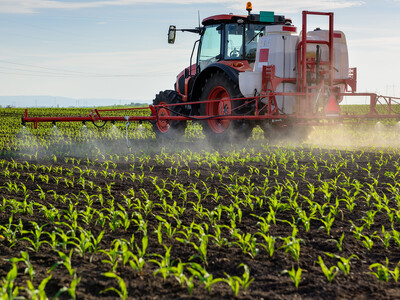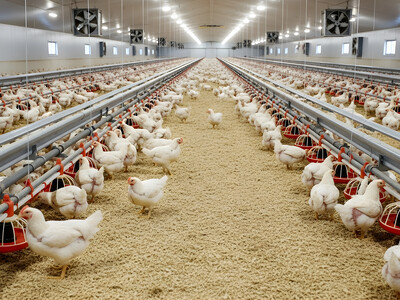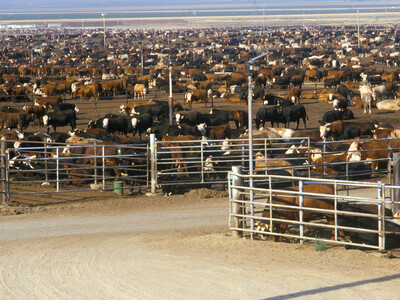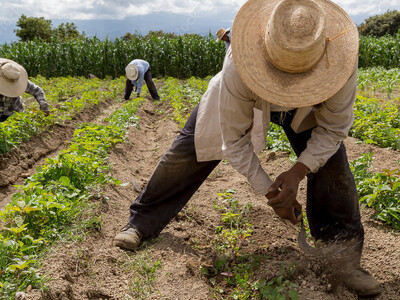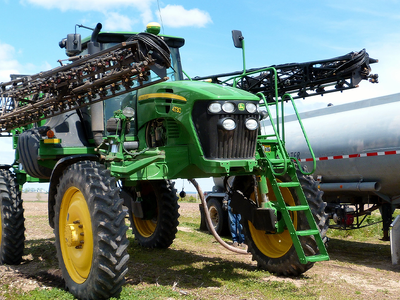Proper Vaccine Storage is Key to Immune Response

Lorrie Boyer
Reporter
“Vaccines are biological products that contain what we call antigens. Antigens stimulate the immune system. They could be viruses, they could be bacteria, they could be parts of bacteria, parts of viruses, but they stimulate the immune system to build resistance to these organisms so they don't cause disease. But if they're not stored it handled correctly, they all become compromised, and they will not trigger that strong immune response that we're expecting when we administer the vaccine to their animals.”
Vaccines should always be stored in a refrigerator.
“Ideally that's going to be between 35 and 45 degrees Fahrenheit, and it's important with these refrigerators that we monitor the temperature, because a refrigerator in a barn has wide temperature swings, we need a thermometer in there to make sure that our refrigerator is, in fact, working properly. It's maintaining that temperature range, that 35 to 45 degrees Fahrenheit and that our vaccines aren't overheating or freezing, either one can happen."
Which, according to Dr. Jones, can make vaccines less effective.



